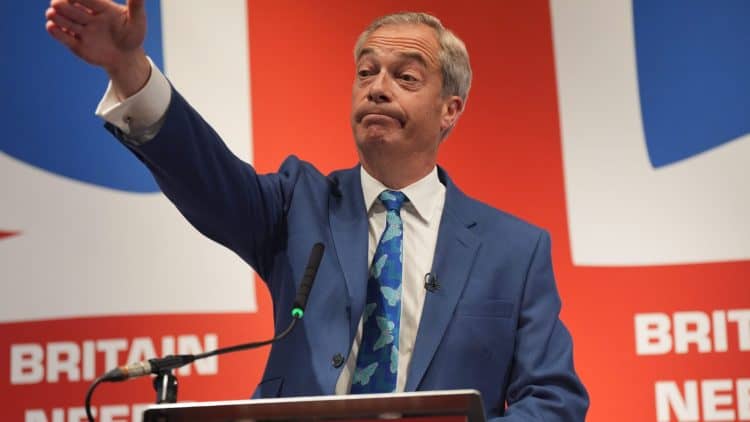The BBC is reportedly working on a new strategy to win back trust from Reform UK voters – including changes to news coverage and even drama programming – following concerns about “low trust issues” among Nigel Farage’s supporters.
🗂️ What’s actually going on?
Leaked minutes from a March meeting of the BBC’s Editorial Guidelines and Standards Committee reveal that Director General Tim Davie and News CEO Deborah Turness are keen to shift perceptions. Turness presented plans to tweak story selection and other “types of output, such as drama”, to better appeal to Reform voters.
The strategy, discussed at a senior level, even highlights the importance of local BBC teams in this charm offensive.
An update on how it’s going will be brought to a future meeting, according to the minutes – but it’s already raising eyebrows both inside and outside the Beeb.
🎭 Drama, but not the scripted kind
Farage has long accused the BBC of political bias. He’s regularly called it a “political actor” and slammed editors for choosing stories he claims are designed to undermine his party.
Now, with the BBC seemingly acknowledging some of those concerns internally, it’s hard to ignore the irony. Especially since one of the key committee voices is Robbie Gibb – a former GB News exec and ex-Theresa May spin doctor – whose appointment by Boris Johnson has been labelled politically motivated.
Former Newsnight host Emily Maitlis went as far as describing Gibb as an “active agent of the Conservative party”.
🧨 Internal backlash brews
Privately, BBC staff have told Byline Times they’re worried the plan could damage the corporation’s credibility further. Some fear that trying to tailor coverage to one party’s supporters could worsen public distrust – not fix it.
The BBC’s decision to feature Reform UK politicians so prominently has already been criticised by some viewers. The party has just five MPs, yet Nigel Farage has been one of the most frequent guests on Question Time.
🤐 What about other parties?
When asked if similar efforts were being made to build trust with voters of other parties, the BBC declined to name any.
In a statement, the broadcaster said:
“Our Royal Charter requires us to reflect and represent all the communities of the UK, and our Editorial Guidelines require that we must take account of the different political parties with electoral support across the UK to achieve due impartiality.”
Whether this new approach actually promotes balance or creates more bias remains to be seen.
You may also like: Watch: LA protester’s teargas response belongs in the Louvre







